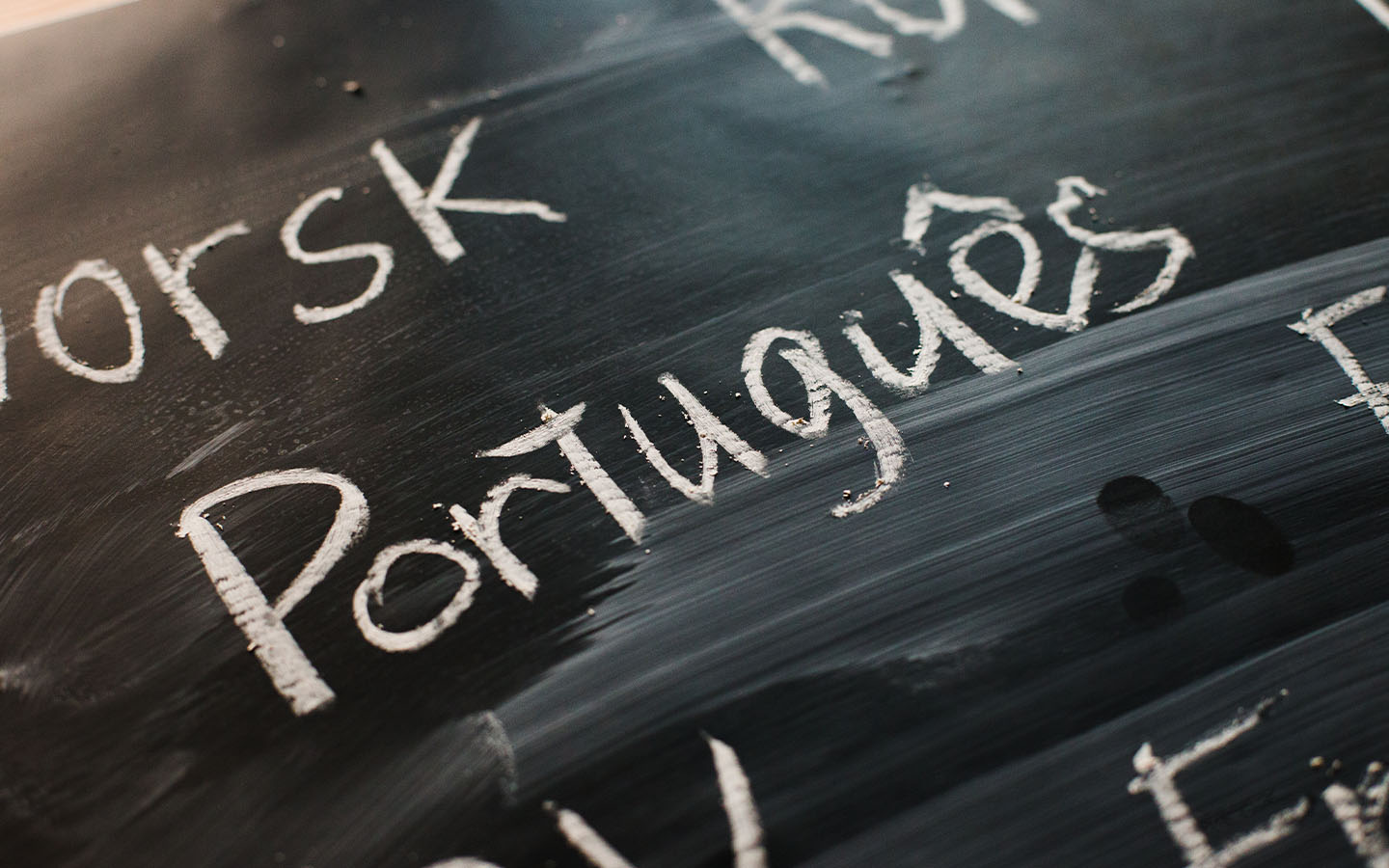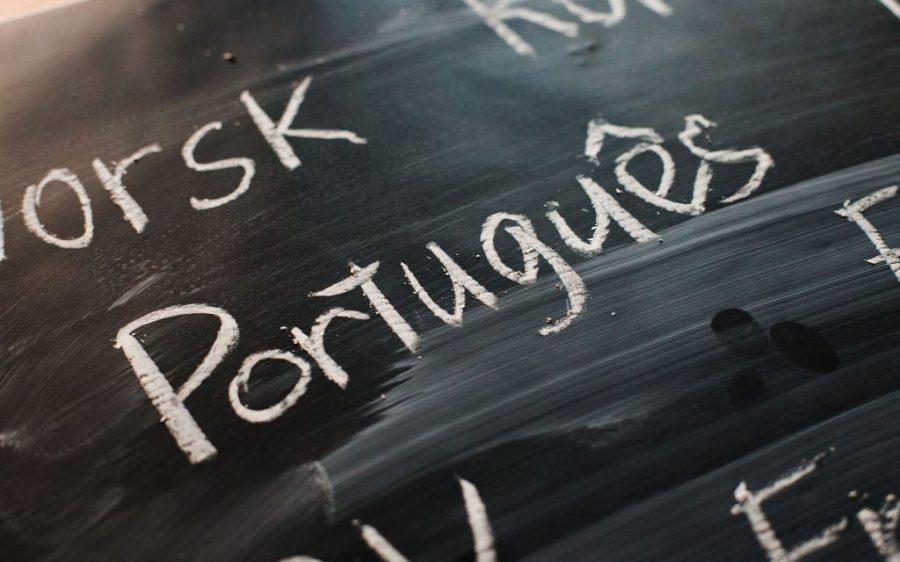The Portuguese Institute of the Orient (also known by its Portuguese initials IPOR) is hoping that the government can implement more measures to promote Chinese-Portuguese bilingualism, including training a greater number of qualified teachers.
In a TDM interview, the director of the institute, Patrícia Ribeiro, said that it would be ideal if the government could put in place a concrete policy for school language programs that started from kindergarten or primary school.
She said that native-speaking Portuguese-speaking teachers would further strengthen the pool of staff members.
In addition, IPOR expressed hopes that the government would promote Portuguese language training in different sectors of the community, including the health, law and media sectors.
Other organisations that spoke with TDM also expressed a desire for the government to strengthen Portuguese language education in the SAR.
[See more: The Portuguese ‘still play a role’ in preserving Macao’s identity, study finds]
The president of the Macanese Association, Miguel de Senna Fernandes, said that he hoped Forum Macao could help promote Portuguese language culture and lay a solid foundation for the trade cooperation between China and Portuguese-speaking countries.
“Economic and cultural relationships are very closely bound in this platform [Forum Macao],” he said. “I hope that the Portuguese language can be shared with the wider public, and that through this platform, we can strengthen Portuguese language culture. Not Portuguese culture, but Portuguese language culture.”
Portuguese is one of the official languages of Macao but spoken by only around 2 percent of the population.
A study published earlier this year, however, found that government efforts have helped to increase the language’s prevalence in the city. Such measures include plans to establish a public Portuguese school, as well as the development of bilingual courses by the Education and Youth Development Bureau.






